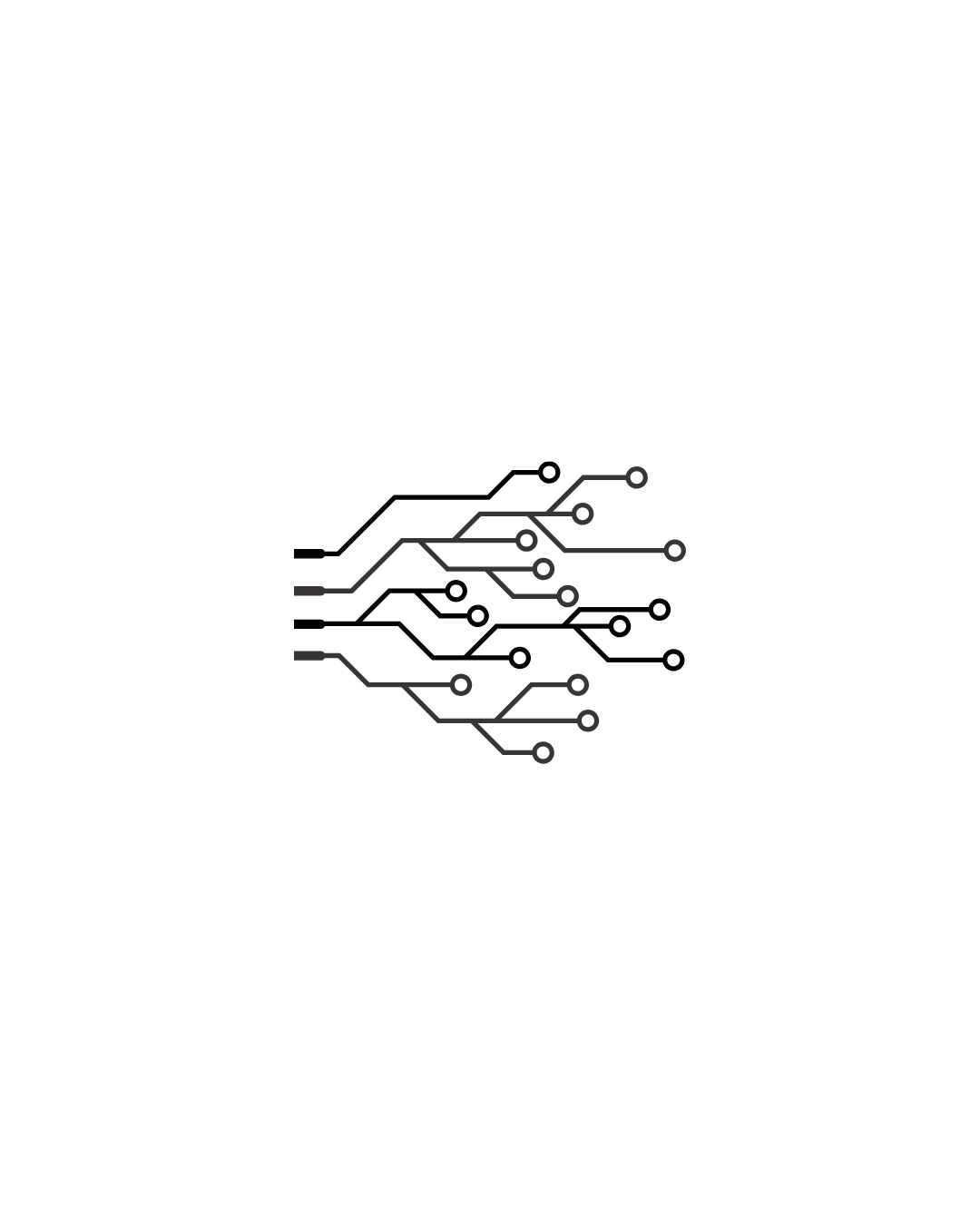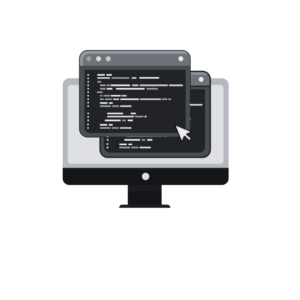Description
A Bachelor of Technology – Lateral Entry (B.Tech-LE) in Electronics and Communication Engineering is an undergraduate program tailored for students who hold a diploma in electronics, communication, or a related field. This program allows these students to enter directly into the second year of the Bachelor of Technology curriculum, enabling them to build upon their foundational knowledge and skills in electronics and communication systems.
Curriculum Overview
The curriculum for a B.Tech-LE in Electronics and Communication Engineering typically includes a mix of theoretical concepts, practical applications, and hands-on training. Below are some of the core subjects and areas of study in this program:
Engineering Mathematics:
Advanced mathematics applicable to engineering, including calculus, linear algebra, and discrete mathematics.
Circuit Theory:
Fundamentals of electrical circuits, circuit components, analysis techniques, and applications.
Electromagnetic Fields:
Study of electromagnetic waves, field theory, and their applications in communication systems.
Analog Electronics:
Design and analysis of analog circuits, including amplifiers, oscillators, and filters.
Digital Electronics:
Principles of digital logic design, including number systems, logic gates, combinational and sequential circuits.
Communication Systems:
Overview of analog and digital communication principles, modulation techniques, and signal transmission.
Signal Processing:
Theory and practical techniques for analyzing and processing signals, including Fourier transforms and filters.
Microprocessors and Microcontrollers:
Study of microprocessor architecture, programming, and applications in embedded systems.
Control Systems:
Concepts and principles of automatic control, feedback systems, stability, and control strategies.
Data Communication:
Exploration of networking fundamentals, protocols, and technologies used in data transmission.
VLSI Design:
Principles of very-large-scale integration (VLSI) design, including CMOS technology and circuit design.
Electronics Instrumentation:
Instruments and techniques for measuring electrical quantities, including sensors and transducers.
Wireless and Mobile Communication:
Study of wireless communication systems, mobile networks, and emerging communication technologies.
Capstone Project/Internship:
Hands-on experience through a project or industrial internship, allowing students to apply their knowledge in practical settings.
Career Opportunities
Graduates with a B.Tech-LE in Electronics and Communication Engineering can pursue diverse career opportunities across various sectors, including telecommunications, consumer electronics, IT, and automation. Some potential job roles include:
Electronics Engineer: Designing and developing electronic circuits and devices for various applications.
Communication Engineer: Working on communication systems and networks, including design, implementation, and maintenance.
Embedded Systems Engineer: Creating and programming embedded systems for electronics products and applications.
Signal Processing Engineer: Specializing in the analysis and processing of signals used in communications and multimedia.
Network Engineer: Managing and optimizing computer networks, ensuring data transmission is efficient and secure.
System Design Engineer: Designing complex electronic systems and ensuring they meet specifications and functionality.
Control Systems Engineer: Developing control strategies for automation and industrial processes.
Research and Development Engineer: Innovating and improving electronic and communication technologies.
Field Application Engineer: Providing technical support and solutions for communication and electronics products.
Technical Consultant: Advising companies on the integration and use of electronics and communication technologies.
Further Education
Graduates may choose to pursue a Master’s degree in Electronics and Communication Engineering or specialize in areas such as Digital Communication, Embedded Systems, or Signal Processing for further career advancement. Obtaining relevant certifications in technology and software can also enhance job opportunities.
If you have any further questions about the curriculum, potential career paths, or other aspects of a Bachelor of Technology – Lateral Entry in Electronics and Communication Engineering, feel free to ask!









